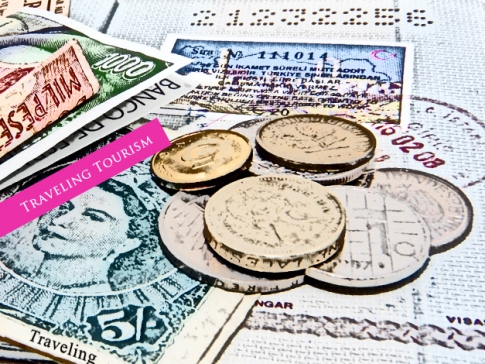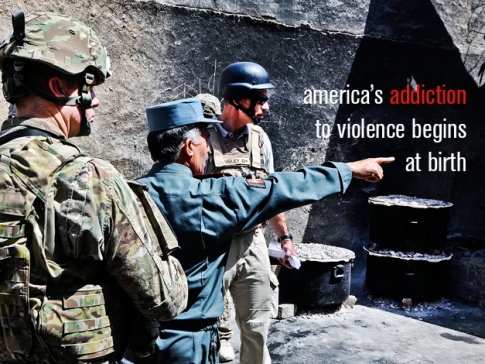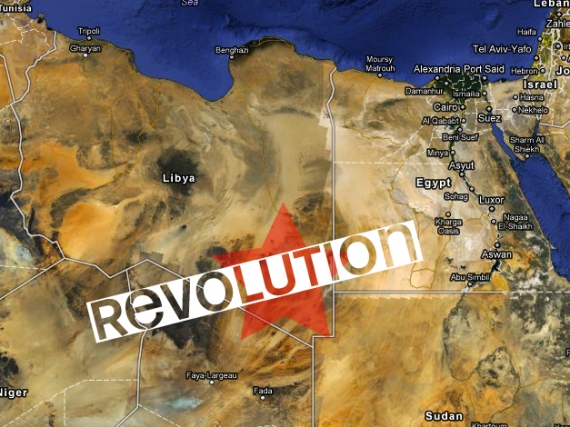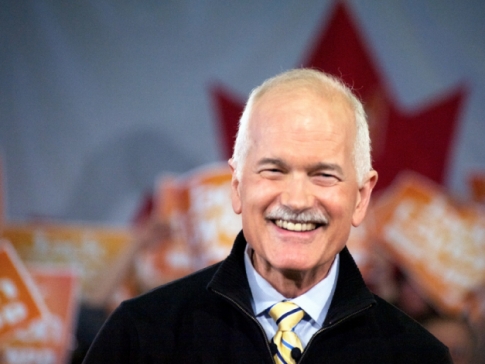Once upon a time in a not so distant future
Lately I’ve received some strange looks when commenting to colleagues that, once upon a time, Canada was internationally regarded as a champion of social and environmental justice. Some seemed surprised and enquired when that might have been while others maintained that we never ceased being a socially conscious society, using only what we need and setting the global standard well before it became fashionable. Reasonable minds may disagree but, when it comes to making informed decisions about consumption, it would be quite unreasonable to suggest that conscientiousness guides consumer choices in Canada.
When it comes to material waste and over indulgent consumption, rest assured the United States still ranks as the world’s largest offender. Canadians, however, are not lagging too far behind. It’s not entirely our fault and there are some pretty compelling reasons for our pursuit of the American dream. With 80% of our trade happening with the U.S. and ever greater waves of cultural multipliers – media, arts, technology and fashion – flowing North, our affinity with America is understandable, if not unavoidable. Depending on your point of view, that’s bad news. Like them, we are consuming more and more each day.
Rich for Two Weeks! Exchange Rates and Vacation Guilt
One night in Lima, I found myself munching on skewers of marinated beef hearts at an open-air anticucheria by the ocean. I’d just played a concert with several local musicians and we wanted to celebrate, which meant pitchers of beer and a local sangria – sweet fermented purple corn chicha morada – to go with our platters of meat.
With tax and tip, the meal came to $40 CAD – or 100 Peruvian Nuevo Soles – and I offered to cover the bill. This seemed an appropriate way to show my appreciation for our collaboration (the exchange rate working in my favour didn’t hurt either!). But later I wondered if might have offended my Peruvian friends by offering to pay what seemed so little to me yet so much to them.
By virtue of favourable exchange rates, anyone traveling from a rich to a less affluent country – even a humble musician – can become a luxury tourist. In Peru, forty dollars, pounds or euros goes a long way. Flights may be expensive but once there, expenses bottom out. As I later discovered, in Lima as in many South American cities, if a three-course lunch, hostel bed, or cab ride costs more than $5 CAD, you’re getting ripped off.
Heroes and Villains…or Just Villains?
We find oursevles squarely in the era of the Superhero. Just last year, we came face to face with Thor, The Green Lantern (nearly as tedious a cinematic effort as The Green Hornet), and Captain America, a roundabout way of saying that the biggest Hollywood productions consisted of suffocating latex, clichéd bravado and dizzying combat scenes. So far, 2012 is following a similar trajectory with the Avengers, the caped crusader and the latest incarnation of Spidey (sorry Tobey) providing good ol’ fashioned swashbuckling entertainment, now in the requisite 3D!
Back to School – an interview with Gabriel Nadeau-Dubois
Gabriel Nadeau-Dubois’ name is synonymous with the Quebec student strike. A charismatic co-spokesperson for a coalition of student organizations (CLASSE), he quickly became the poster child of the movement and, in the process, the target of Charest and the Liberals’ attacks. Shortly before his resignation as co-spokesperson – a move that he believes will shift attention back to the tuition hikes and weaken Charest’s attempts to reduce the movement to a cult of personality – Nadeau-Dubois met with the {w}’s Alice Abracen to discuss student mobilisation, university education and the seeming (maybe simmering) tension between Francophone and Anglophone students.
This interview has been cut (Gab has got the gift of gab) and proofed (but not the gift of English grammar). With no further ado, here is the Nadeau-Dubois in all his terrorist, anarchist, militant, rabble-rousing – or concerned student and citizen (your call) – glory.
Violence: As American as Apple Pie
Much has been said about the revolutions in North Africa and the Middle East. Most of it has been flattering toward Egyptians, Tunisians and others fighting dictators and laying down their lives for liberty. This is to be expected: revolutionary heroism is inspiring.
Admiration of this heroism quickly breeds a longing for involvement, a longing which is precipitating louder and louder calls for humanitarian intervention: protecting civilians is both right and duty. Well-intentioned perhaps, at least by the general public, but the call for intervention is fuelled more by egotism – they need our help – than benevolence – how can we help them.
Rebel Sell: Fascinating Heads of Revolution
Revolutions are much like volcanic eruptions: we do not know what triggers them, what to expect of them, or even what to do about them. Yet this mystique is precisely what makes a revolution a formidable force, for the indeterminacy terrifies established power.
Hosni Mubarak for instance, one of the foremost dictators of the 20th century, is now rotting in a makeshift hospital prison. Thirty years of elite impunity bloodied by three weeks of popular solidarity. His long and guiltless rule silenced by the unforgiving clang of a closing cell: climax followed by nothingness.
But what impact, if any, has his routing had on the state of Egypt?
Raising the Anthem of Africans in the Caribbean
Bob Marley's Redemption Song is the anthem of Africans in the Caribbean. It is a story of longing for true emancipation and a promise that it will one day come.
Born violently out of Europe’s genocidal wars against the Indigenous peoples of the Americas, fuelled by their lust for gold and sugar and their trade in captured Africans, the Caribbean is a colonial construct. One large plantation denoted by many races but one race, the Africans, having no say in their arrival.
In 2011, Caribbean Africans remain in a position similar to that of the captured African of yesteryear: nothing is negotiated on our own terms. If we do like Cuba, the single exception to the rule, then we subject ourselves to the full wrath of Empire.
Craig Kielburger on Activism and Affluenza
At the age of twelve, Craig Kielburger had an epiphany while looking for comics in the newspaper. On that fateful day, Kielburger was sidetracked by the tragic tale of a Pakistani boy named Iqbal Masih who was forced into bonded labour at the age of four and murdered at the age of twelve.
In response, Kielburger started a children’s rights movement that evolved into Free The Children, an international aid organization now active in 45 countries. In 1995, to help fund Free The Children’s projects, Kielburger and his brother Marc created Me to We, an innovative social enterprise that donates half its profits to Free The Children.
We sat down with Craig Kielburger in Free The Children’s Montreal office.
Night of the Sword: The Scramble for Libya
“Berlin of 1884 was affected through the sword and the bullet. But the night of the sword and the bullet was followed by the morning of the chalk and the blackboard.” - Ngugi wa Thiong’o –
In 1884, European imperial powers held a conference. This was no ordinary conference but one that decided the fate of a continent. Like children with too much candy, they gathered around a map of Africa and sliced it up between themselves. Partition preceded wars of conquest, resulting in the colonisation of virtually every corner of Africa. Europe had its cake, and it most certainly ate it too.
Over a century later and witness another scramble unfolding. The smoke in Libya has yet to clear yet vultures are already picking at the carcass. Five months of NATO bombing has opened the nation to a flock of foreign companies rushing for their piece of the proverbial pie. Italy, Libya’s old colonial overseer, is leading the charge with the British, French and Americans not far behind.
Democracy on the agenda?
One of the dozens of post-election bloggers searching for an explanation for the NDP election surge – the orange wave - suggested that we needed to go out of the country to explain why suddenly hundreds of thousands of Canadians actually voted their values for the first time.
It is hard to argue that anything very dramatic happened during the election to explain the NDP’s incredible leap from perpetual third party status to the Official Opposition. Sure, Layton did a reasonably good job and the campaign was smarter than the past two. But the English language debate was hardly an obvious victory for Layton – no knock out punches, no big mistakes by any of the other leaders.







